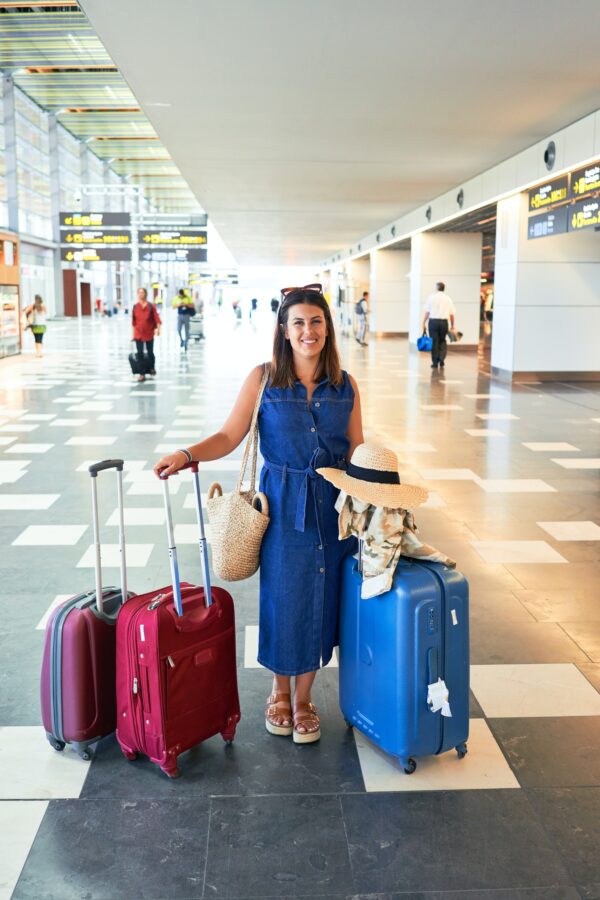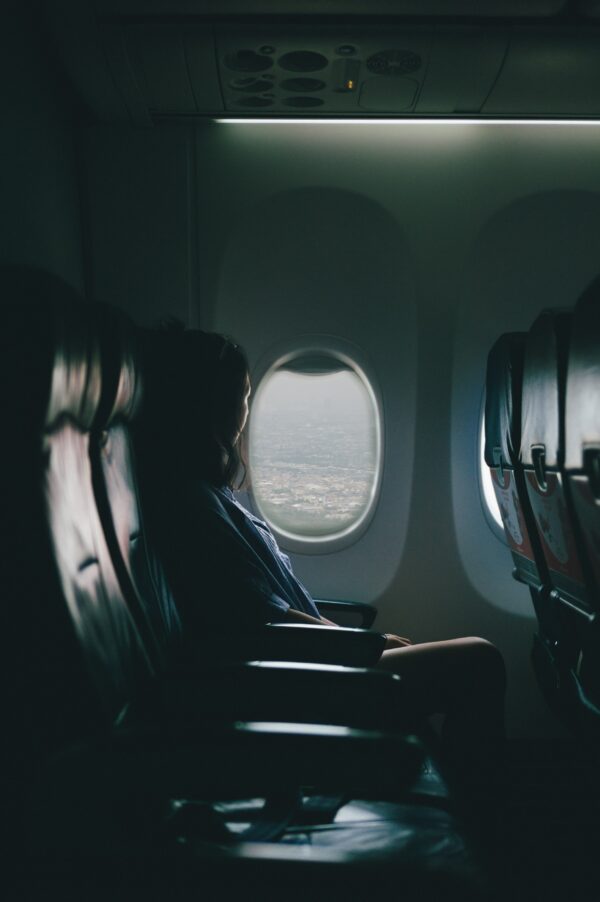
Many of us are looking to jet off on our first summer holiday for a few years — but with flying and longer delays, comes jet lag. Crossing over several time zones is exciting when it means heading to somewhere new or exotic, but the time it takes for you to adjust, and the symptoms that come along with it, not so much. Here are 7 things you can do (and a couple you should not do) to help you help yourself this summer.
During your flight
Drink water – During your flight, one of the most important things you can do to help alleviate the signs of jet lag is to stay hydrated. Mild dehydration is common when travelling on a plane, so making sure that you drink plenty of liquid can help you to fight off the symptoms of jetlag.
Do not drink too much alcohol or caffeine — both of these things tend to dehydrate you, and if you want to sleep during your flight, you should avoid the coffee.
Keep active – it might seem difficult to stay active during a flight, but this can be something as simple as getting up and walking around the cabin, to the bathroom, or even just standing up to stretch can all help to combat the feeling of jet lag when you arrive at your destination. Movement is encouraged on a long flight to improve circulation and ensure you’re kept comfortable for the duration. There are even exercises you can do from the comfort of your seat.
Get some sleep – If it’s nighttime where you are travelling, getting some sleep on the plane can help you to adapt to the time change when you land. This is one of the most important factors when it comes to helping with the feelings of fatigue that jet lag can so often cause. Feeling tired can happen due to a lack of rest and the time change. Sometimes, sleeping on a plane can be difficult, but try to relax and see if you can doze off before you land.
Use an eye mask – If you do find yourself unable to drift off, there are a few things that you could do that may help. Invest in an eye mask — if the cabin is too bright, your brain won’t know that it’s time to rest, so using a mask to block out any light can be helpful. Earplugs are great to block out cabin noise and are a good way to help you drop off to sleep uninterrupted.

After You Arrive
Change your sleep schedule – When you arrive at your destination, you will likely feel tired, especially if you’ve crossed over several different time zones. As soon as you land, you should adjust to your new destination and go to sleep at your normal time. One way of fighting the urge to sleep before bedtime is to stay active, keep moving until it’s time to sleep — this will help you to adjust more quickly.
Do not sleep during the day, as this will only make it harder for your body to get used to its new schedule and could make your jet lag symptoms worse.
Set an alarm – Setting an alarm in the morning is a good way to make sure that you’re not oversleeping and can help you get into a new routine more quickly and easily. Going to bed at your destination’s bedtime, means gettinglyfd up in the morning at the same time too. This can help to reduce your symptoms of jetlag, so you can enjoy your holiday!
Go Outside– When you get to your destination, make sure you head n njjajakzjsjj outside to soak up some natural light. Sunlight can help your body to adjust to the time change. It also helps to keep you active and alert, which is great when you’re trying to stay awake! If the weather is bad, choose places with bright lights which will help to keep you energised. Be sure to get outside and explore, your body will thank you.
